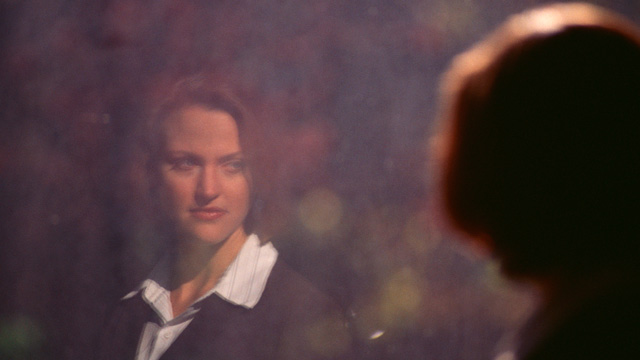Have you ever wanted to go back in time and give advice to your younger self? What would you say if you were standing face-to-face with a younger you? Would you give advice on loving your partner, leaving that job, whether to have kids or travel the world?
"What I Would Tell My Younger Self": Advice from an Author, a Rapper, and a Zen Poet:
Mary Roach, bestselling author
I would give the young Mary Roach some relationship and dating advice, and I would do that by way of a quick story I'm going to share, and this is something that happened to me a couple of years ago. I was going to a party. And I was driving down a very, very narrow street. And so, a car coming out and a car going in pass each other very slowly. And I looked over, and in the next car, there was this man who I took to be my husband's old friend, Joe. And I looked at him, and I said, "Hey! You're leaving? Why are you leaving? The party's just starting." And then, he looked at me. And he was smiling, and we talked a little bit. And then I realized: It's not Joe! It's not Joe. But in that moment where I realized, you know, I'd looked at this man, this good-looking man, and I'd said, “Hey! Why are you leaving?” It turned out there were two parties on the end of this street, and he was leaving the other party. It was in that moment I sort of saw how my whole youth could have been different. I realized that, like, the best pick-up line in the world is just, “Hey! Hi.” I wish I'd know then that, it's so easy, Mary. Just say hey. Hello."
Another piece of advice I would give the young, upstart Mary Roach—when you write that angry letter (it wouldn’t have been an email back then), or you’re ready to confront someone, give it 24 hours, because more than you could ever believe, it’s probably just hormones!
There’s one other thing [I would tell myself]: Mary Roach, your dad was this amazing artist. He did amazing caricatures, silkscreens, posters, such a huge talent. And you never really said anything to him. You never said, ‘Wow, that’s really good!’ And so now, he’s gone. He died when I was 23. So now I have his art on the walls, and I don’t have him to know that, or to tell him that.
Tom Shimura, aka Lyrics Born, rapper & songwriter
I would probably tell my younger self—and I’m more so thinking about myself in my twenties, probably–I would say, to not be afraid to lead. And if a situation doesn’t feel right, don’t stay in it. Don’t be afraid to move on. I think in the past, I probably holding out a little too much hope that maybe things that didn’t quite feel right would have turned around when there was, in hindsight, no indication that they really would have. I think I would have told that guy, don’t be afraid to really step on out of that and show by example and how to make a way.
